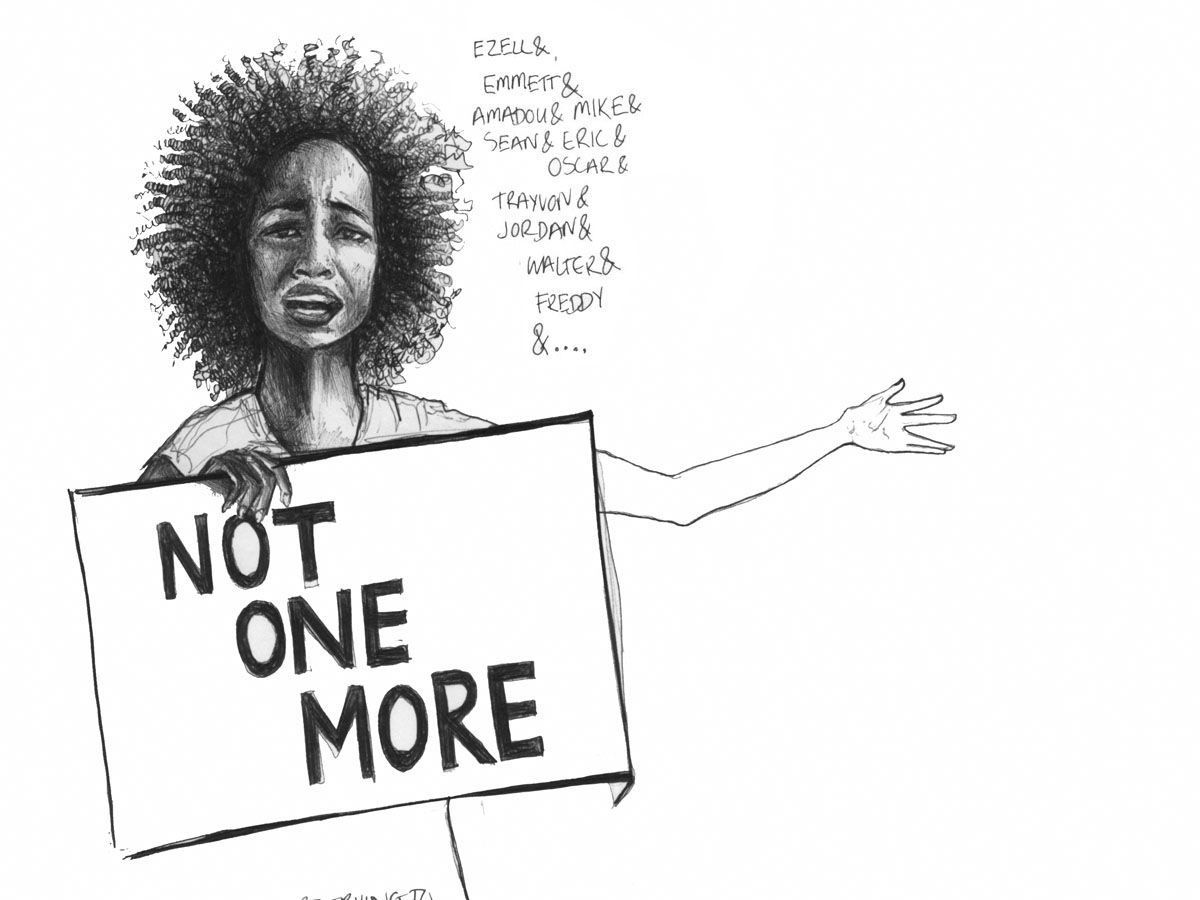Why are women’s novels always mistaken for autobiography?

Pearl calls out the sexism of the publishing world and asks, why do we burden women in this way?
Irish novelist Eimear McBride claims that all female authors have been asked of their characters, “It’s really just you, isn’t it?” Such questions not only imply that a female novelist cannot create believable characters without basing them on herself, but also erode a woman’s right to a private life. By publishing a work of fiction she consents to becoming public property herself. Why do we burden women in this way?
A female novelist cannot create believable characters without basing them on herself, but also erode a woman’s right to a private life.
Elena Ferrante is a highly acclaimed, commercially successful Italian novelist, whose books have been adapted for film and TV. She was even one of Time’s 100 Most Influential People in 2016. But Elena Ferrante is a pseudonym. By remaining anonymous, the author detaches her work from her personal life in a way that’s almost impossible for others. This move has resulted in a fixation with her identity that has driven both academic and journalistic ‘unveilings’ of the writer behind the work, as if readers have a right or need to know which elements of her fiction are rooted in reality. Not only is a woman’s work assumed to be autobiographical, but it is actually unforgivable (in Eimear McBride’s words) for her to withhold such information.
Elena Ferrante is a pseudonym. By remaining anonymous, the author detaches her work from her personal life in a way that’s almost impossible for others.
What is laughable is the insistence of some that Ferrante’s novels – the most successful of which, The Neapolitan Novels, focus on female friendship – are written by a man, or a team of men. Ferrante, when this was put to her in an interview with Vanity Fair, retorted that questions about her gender are rooted in the presumed “weakness” of female writers and an assumption that men can successfully mimic the female gender in their books and that this is a feat which women cannot achieve when writing about men. The obsession of investigative journalists like Claudio Gatti, the willingness of publications like the New York Review of Books to publish stories that seek to ‘unmask’ Ferrante, and the persistent rumours that male writers are behind her novels all demonstrate that female novelists are still seen as less able and more reliant on autobiographical elements when spinning works of fiction. Writing means forfeiting their right to privacy.
The obsession of investigative journalists like Claudio Gatti, the willingness of publications like the New York Review of Books to publish stories that seek to ‘unmask’ Ferrante, and the persistent rumours that male writers are behind her novels all demonstrate that female novelists are still seen as less able and more reliant on autobiographical elements when spinning works of fiction.
This point about privacy is made by Naoise Dolan in her article for the Irish Times on this very subject. Dolan’s debut, Exciting Times, came out earlier this year to positive reviews. In interviews, however, Dolan was questioned about her relationship status and whether she’d ever been in a love triangle, a plot point in her book. Again, the assumption is that Dolan does not have the imagination or ability required to be writing anything other than a thinly veiled account of her own romantic predicaments. There seems to be a widespread misunderstanding of women writing the experiences of their generation, gender or class as actually fictionalising their own lives. Sally Rooney – who Dolan has been likened to – states in The Guardian that she has “certainly never intended to speak for anyone other than myself”, but this does not mean that Frances and Marianne, her female protagonists, are shades of Rooney herself rather than figments of her imagination. Of course, it would be foolish to think that Rooney’s time as a student at Trinity College, Dublin has not bled into her novels, both of which concern students at the same institution. Rooney won the scholarship that both Marianne and Connell win in Normal People, for example. But there is a difference between being informed by your experiences when writing and writing your own experiences, and female novelists are much more often assumed to be doing the latter than their male counterparts.
There is a difference between being informed by your experiences when writing and writing your own experiences, and female novelists are much more often assumed to be doing the latter than their male counterparts.
None of this is to say that autofiction – a term many of the authors whose work it is applied to reject – is not worthy of admiration. Indeed, Matt Thorne of Brunel University’s creative writing department has noticed a “thirst among students to tell their own story first”. The problem is that male authors are lauded for this while women are derided for it, a disparity demonstrated in Nora Ephron’s palpable anger in the introduction to her novel Heartburn. She complains that Phillip Roth and John Updike “pick apart the carcasses of their early marriages in book after book”, as she does in Heartburn, without the familiar refrain of “thinly disguising” their own relationships used as a justification of critical reviews. That is an accusation reserved almost exclusively for women.
Women who write novels, then, find themselves in a catch-22. To admit that her own lived experience is the basis of her novel is to resign herself, a la Nora Ephron, to defending its status as fiction, even when men producing similar work are praised for playing with form. Yet if she makes no such claim, or even denies it when questioned, she will face increasingly invasive interviewers, and some readers will still assume that a kernel of her truth is in the novel. Even when a woman entirely removes herself from the equation by writing behind a pseudonym, her identity is relentlessly pursued in search of the similarities between her own biography and that of the characters she has created, as if to catch her out. The publishing industry and the press alike refuse to credit female novelists with the talent and imagination that their novels demonstrate and respect their boundaries when discussing them. Perhaps Elena Ferrante – whoever she is – has the right idea.
Do you agree with Pearl? Let us know in the comments.







